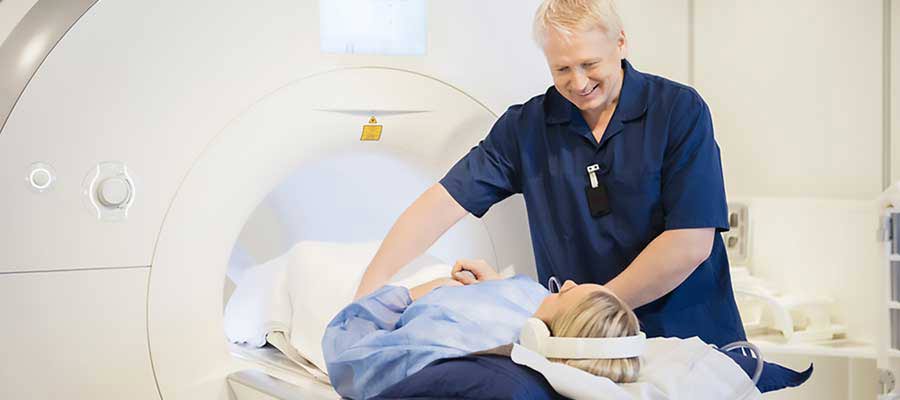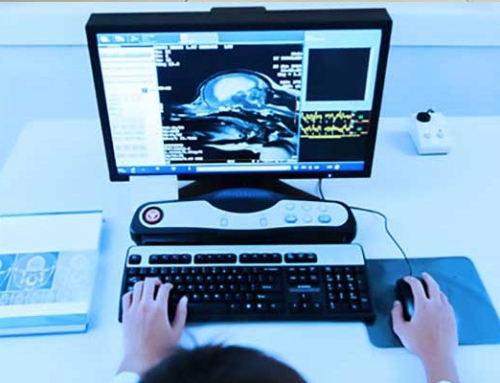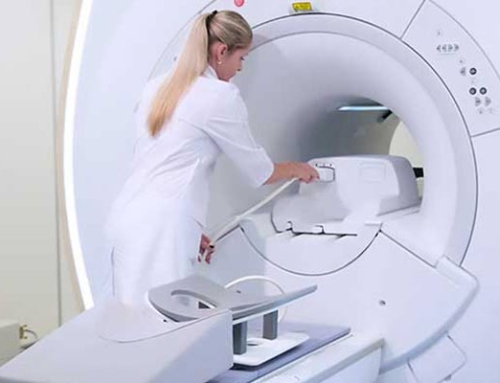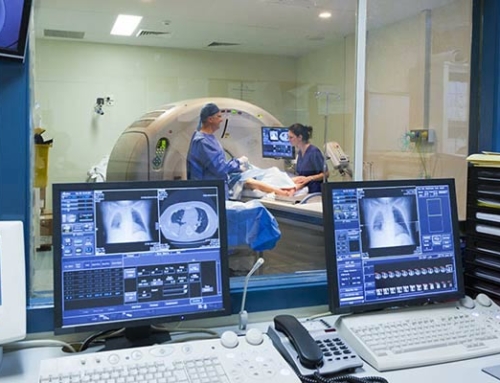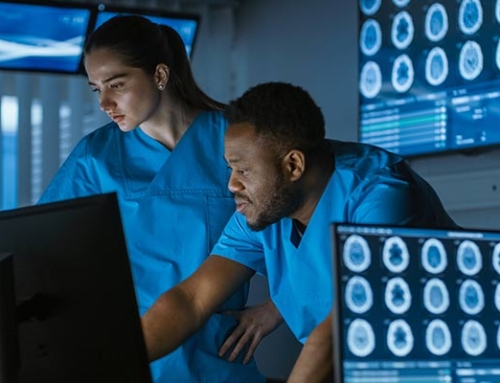Do you feel stagnant in your career, and do you want to make the shift? If you’re already in the radiology field, you’re more than encouraged to become an MRI technologist for better work hours, higher pay, and increased job fulfillment. Join MRI programs and get started on that career change today.
After completing an online MRI course and passing the certification exam, you’ll become a bona fide MRI technologist. As one, your job is not just to use the MRI device and help diagnose a patient’s disease. You’re also tasked to give an educated opinion on how each patient should get the right care that he or she needs.
While the bulk of your job is to synthesize information and apply rational judgment when creating the perfect image of the patient’s anatomy, there are unique patient care and safety guidelines that MRI technologists have to consider. As such, they have to be well-trained in MRI devices and human anatomy and in many other fields, such as physics, instrumentation, sequence design, data manipulation, and registry preparation. All these are what you’ll learn when you enroll in MRI programs.
General Overview of MRI Programs
Read on to know what you’ll learn once you enroll in MRI programs. Below is a general overview of the things that you’ll learn. You are expected to apply your knowledge in real-life situations at the end of the lectures through clinical training. The modules included in MRI programs are:
- Patient Care and Safety
Here, you’ll learn about the legal and ethical principles of diagnosing patients. You’ll learn how to handle patients with various medical conditions, especially those with implants. You’ll also learn how to assess, monitor, and manage patients.
- MRI Physics
The topics under this module include nuclear magnetism, spatial localization, tissue characteristics, and the precession of protons, among others. This module will give you a good idea of how MRI devices work.
- MRI Instrumentation
Under this module, you’ll learn all about electromagnetism, radiofrequency, and gradient systems. You’ll basically learn the right way to use the MRI scanner.
- Pulse Sequence Design, Parameters, and Data Manipulation
These are special topics that touch on the special procedures that have to be mastered by every MRI technician. They deal with how to interpret the data obtained from the MRI.
- Anatomy
Mastering human anatomy is very important for MRI technologists. Knowing the exact spots where the MRI scan should be directed is essential to arrive at the right diagnosis. Most of the modules included in online MRI programs are topics explaining the anatomy of the head, neck, spine, chest, abdomen, and upper and lower extremities.
Pulse Radiology MRI Programs
Pulse Radiology offers both onsite and online MRI programs that run for 14 weeks. After completing online modules, students are asked to choose a location where they will conduct their clinical training. Clinical training is already included in the program, so students are guaranteed to be eligible for the MRI certification examination.
If you want to make a shift in your career, check out the MRI programs that Pulse Radiology offers. Our online educational system gives you a chance to get further education in the field of radiology without having to leave your current job.
Searches Related to MRI Training


